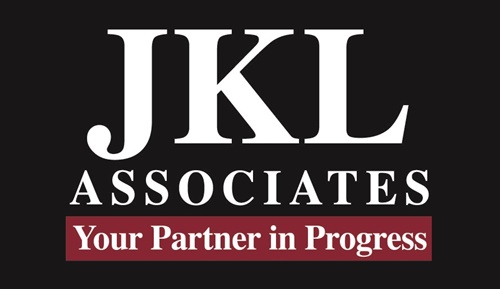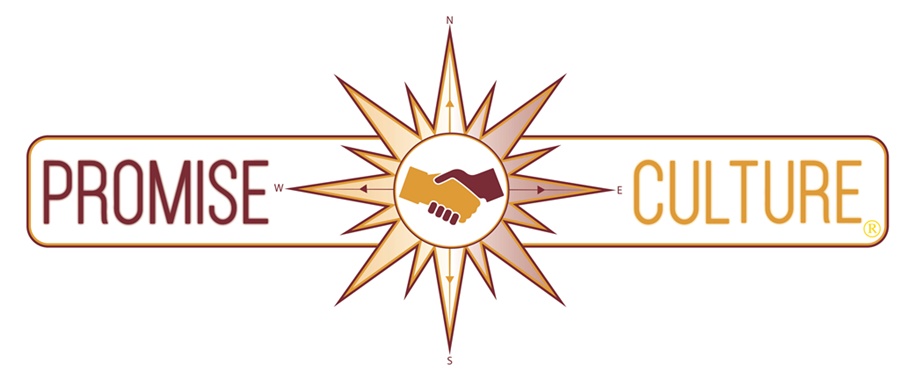Each of us has our own special way we tackle getting the various projects, tasks and general workload accomplished. This unique way we prioritize and balance what is top of the list shapes our resulting outcomes for the day, week, month and even longer-term goals and objectives.
The challenge is that sometimes we are making judgements and setting priorities based on reaction rather than strategy or contribution to an end objective. We sometimes do certain things because they are quick and allows us to feel like we are accomplishing things. Other things get moved to a back burner and we craft a reason to delay on acting.
Part of priority management is time management. We make an assessment of the time it is going to take to accomplish something and then in our minds begin the mental “Tetris” (arcade game of fitting the right block into the slot available) process by flipping and turning the jumble of time demands falling onto our plate. This sometimes-arbitrary process eventually breaks down and it is game over.
Another aspect of priority management is the actual outcomes desired or what you are actually trying to deliver – the end result. When we have numerous things on your to do list, we need a framework or structure to help us identify which gets our priorities. This is where we need to align objectives, goals, and deliverables with the time and talents we have to bring them to fruition. During this time of alignment, two factors play on your decision making as to the weight or priority something is given. One is driven by principles (Purpose, Core Values, etc.) – the things which you will not change or violate when making priority decisions. The other is driven by preferences (I like to do this or can not stand doing that) the variables in setting of priorities.
By using the Promise Culture – Promise Guide Compass, there is a means by which you start to align but also keep the approach to setting priorities in alignment more based on principles and not preferences. At the core of the compass is the focus on Purpose, Core Values, Vision/Passion etc. If all decision making starts with how your next action directly contributes to these elements, then the priority is higher than those which do not directly touch upon those items. These direct contributions to the company’s core must receive your attention. This is the guidance portion of the compass.
As we dig deeper into the pile on your plate of jumbled priorities, we explore and discover their direct impact or implication on your goals, objectives and potentially come face to face with fears and challenges that are stopping you from engaging those items at a higher priority. As a result of this fuller understanding, we identify areas for development and improvement which need our attention to give us the skills and talents needed to raise the future priorities toward our end results.
Meanwhile, as we are sorting through and taking steps toward actions, we need a feedback loop to let us know if the priorities we are setting are keeping us on track. This is where navigation comes into play. Based on the focus on the end game deliverables and the skills, talents, and development we are engaged in, what plan of attack and time schedule have we put in place to make it all happen.
When we start with a framework which includes the Purpose, Core Values, Vision, and passion then we start with the correct mindset to sort our decision choices. By more fully exploring and developing we appreciate the true time and talent demand. Using a feedback loop to navigate the changes and additional insight you gain along the path provides positive information you use to reset priorities accordingly. If you don’t set priorities, then there is no plan. When you have a plan, you must grow comfortable with adjusting the plan as needed without taking your eye off the end results.
Want a better framework for helping your leadership make the best prioritized decisions? Call your Promise Guide at JKL Associates – FL (407) 984-7246 or MI (313) 527-7945


